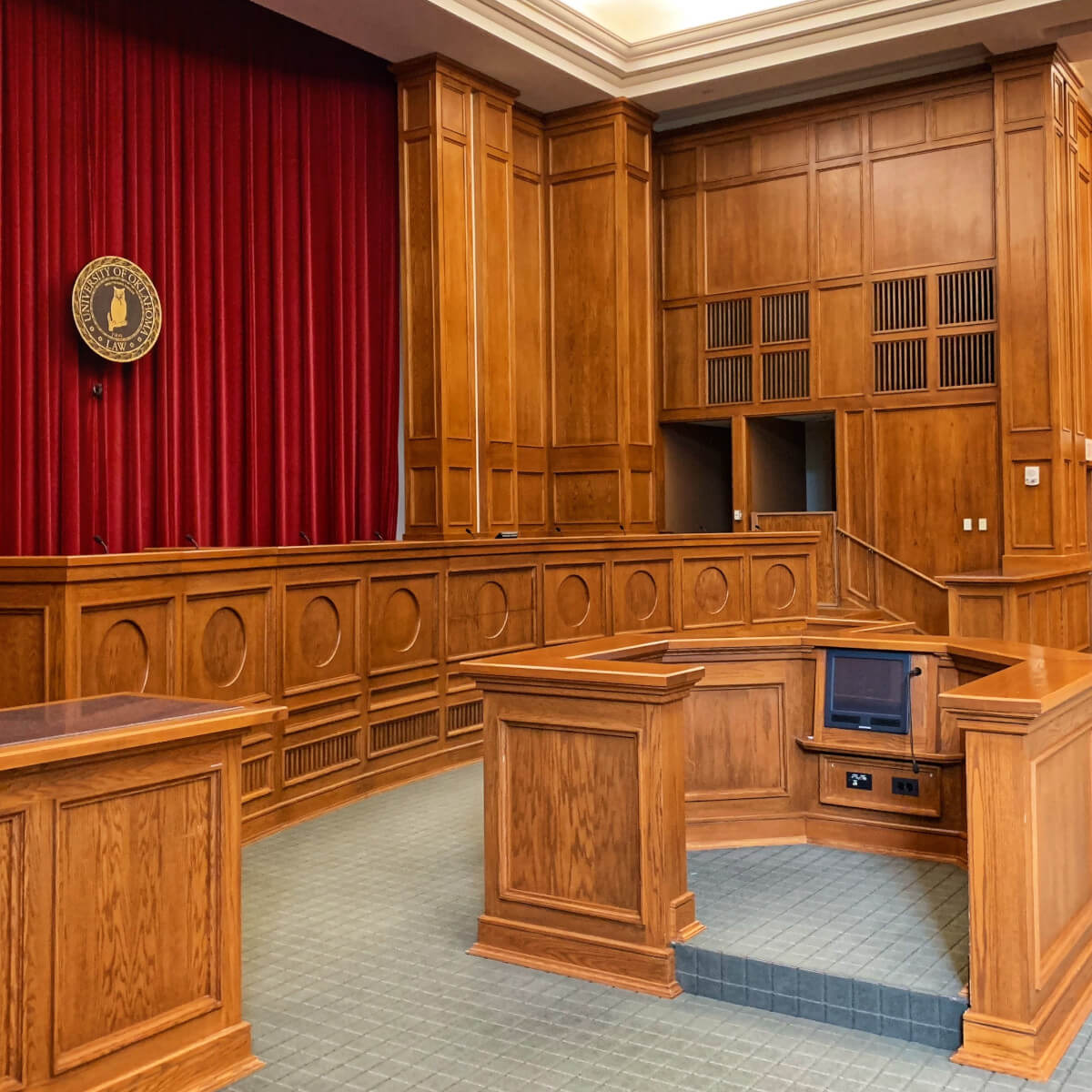If I Appeal My DUI Case, Will My Sentencing Be Put on Hold?
Maybe. The availability of a supersedeas writ or an appeal bond is a function of your state’s DUI laws. If it is available, your sentence (or most aspects of it) will be delayed until the appeal is finalized. If not, you will begin your DUI sentence at the discretion of the trial court.
In most misdemeanor DUI-DWIs, you have a specific right to be released from jail after posting a reasonable bond pending your appeal. Your knowledgeable DUI lawyer will know about the availability of an appeal and deferral of the imposition of punishment in your state.

Understanding the DUI Appeal Process
Firstly, it’s crucial to understand what a DUI appeal is. An appeal is a request to a higher court to review and change the decision of a lower court. Appeals can be pursued to the local jurisdictions’ supreme court.
The basis for an appeal in a DUI case can range from alleged legal errors to claims of legal misinterpretation. It’s not a new trial, but a review of the original trial from the lower district court.
In most jurisdictions, including those that handle DUI cases, filing an appeal does not automatically put your sentencing on hold. This means that unless specific actions are taken, the penalties imposed by the lower court – such as fines, jail time, or driver’s license suspension – will typically remain in effect throughout the appeal process.
Motion for Stay of DUI Sentence
To put the sentencing on hold, one must usually file a separate motion for a stay of sentence pending appeal. This motion is a formal request asking the court to delay the enforcement of the sentence while the appeal is being considered. The decision to grant a stay is not a guaranteed part of the trial process and is at the discretion of the court.
Factors Considered for Stay of Sentence
When considering a motion for a stay, a DUI appellate court considers several factors:

- Likelihood of Success on Appeal: The court assesses the probability of the appeal being successful. If the appeal seems frivolous or without a strong legal basis, a stay is less likely to be granted.
- Irreparable Harm: The court considers whether the defendant will suffer irreparable harm without a stay. In the context of a DUI case, arguments might include job loss due to license suspension or severe personal hardship.
- Public Interest: The court weighs the public interest, particularly in DUI cases where public safety is a primary concern.
- Flight Risk or Danger: The likelihood of the defendant fleeing or posing a danger to the community is also a critical consideration.
Process of Requesting a Stay
To request a stay, the defendant, typically through their DUI appeals attorney, must file a notice of appeal promptly after sentencing. This notice of appeal is usually required within 30 days of the end of the original trial.
A notice of appeal must clearly state the reasons and justifications for the request. This process may require a separate appeals hearing where both sides can present arguments before the court of appeals.
Risks and Considerations
While pursuing a stay of sentence and an appeal might seem like a straightforward choice, there are risks and considerations, such as:
- Cost: Appeals can be costly, involving additional legal fees and court costs.
- Time: The appeal process can be lengthy, often taking months or even years.
- No Guarantee of Success: Success in an appeal is not guaranteed, and if the appeal is unsuccessful, the original sentence will be enforced.
- Possibility of Harsher Sentence: In rare cases, appealing a case can backfire if the appellate court finds that the original sentence was too lenient.
Do I Still Have to Report to My Probation Officer?
Maybe. If you are convicted of a DUI-DWI offense, and a notice of appeal is filed along with a supersedeas writ or appeal bond application, you may be required to have a probation officer assigned to your case until your appeal is finalized. Depending on the laws of your state, you may have to report periodically (in person or by mail).
The probation officer may not need to see you all the time but may check the state crime information computer weekly or monthly to make sure that you have not violated any new state laws. New violations would authorize your judge to consider imposing new restrictions on your activities or even revoking the supersedeas bond.
You may (in some states) need to be monitored through some means of electronic detection (i.e., through an ankle bracelet or an alcohol detection and monitoring system on your home phone) while you remain free on bond.
Will My Driver's License Stay Suspended?
No matter what other punishment might be delayed due to the start of an appeal process or as a result of filing a motion for a new trial, the loss of your driver’s license is not usually held off.
If your driver’s license was not surrendered and revoked or suspended at the time of your arrest, it will usually be taken at the time of sentencing after your criminal trial. This is usually not a matter of discretion with your trial judge because state law mandates the surrender of any license “upon conviction.”
Despite an appeal or motion for a new trial, your license will usually remain suspended. The determination of when license reinstatement can occur depends on your state’s laws. Usually, you remain suspended until:
- You are either found not guilty at a new trial.
- The appellate court reverses your original conviction.
- The period of suspension or revocation (as set by state law) is completed and all conditions for reinstatement have been met by you.
These conditions typically include a showing of completion of DUI driving school (DUI Class), showing proof of automobile insurance, and possibly the installation of an ignition interlock device.
More DUI Appeals Resources
If you’d like to learn more about the DUI appeals process, read through some of our informative articles below. We convert the ins and outs of DUI appeals and dive into some complicated questions on the matter. Also, you can call 1-888-839-4384 anytime to schedule a free consultation.

